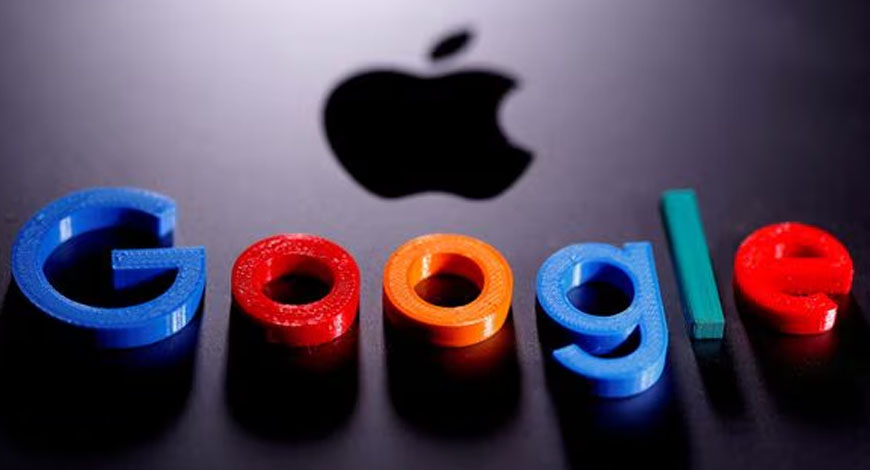Company News
It’s not only Apple. Big Tech at loggerheads with regulators worldwide

The coincidence is certainly interesting. Around the time the ministry of corporate affairs-led committee has recommended an ex-ante regulatory framework for digital platforms in India, the US department of justice and 15 states have sued Apple for monopolising the smartphone market, which is hurting smaller rivals and driving up prices. The lawsuit has accused the company of blocking rivals from accessing hardware and software features on its popular devices. The sum and substance of the charge is that if left unchallenged, Apple will only continue to strengthen its smartphone monopoly. The US action comes after the antitrust action taken against the consumer electronics giant’s app store in the European Union. Apple has defended itself vigorously, stating that the US lawsuit is wrong on facts and law and that any action would set a dangerous precedent of empowering the government to take a heavy hand in designing people’s technology.
It’s not only Apple. Big tech firms in general have been at loggerheads with regulators across the world, for quite some time now. For instance, Apple has been facing a probe in Europe over issues related to compliance of the Digital Markets Act. Google, Meta, and Amazon have also been having frequent run-ins with the regulators, especially in the European Union. The crux of the problem lies in the manner in which Apple or other such big tech firms operate. No doubt, they all are innovative and keep coming up with cutting-edge technological applications, which benefit consumers. But the flip side is that in the process they have ended up controlling the operating system, on which other developers are dependent, leading to charges of denial of a level playing field.
For instance, Apple is just not a manufacturer of smartphones. It also owns the operating system, iOS and the app store. Similarly, Google owns the Android operating system, as well as the Play Store on which various other developers need to list their apps. In addition, Google also owns the search engine, GPS maps etc. Being vertically integrated organisations, they control the entire ecosystem—software and hardware—and fix commission charges which are opposed by smaller players. The result is run-ins with antitrust regulators the world over. While the EU has been tough in terms of regulations, the US has generally been seen as not very restrictive and balancing innovation with regulation. India is also battling to come up with a middle path solution, recently suggesting an ex-ante framework against the current ex-post.
One of the options that analysts have been suggesting is unbundling of these organisations in the manner in which the monopoly of US telecom giant AT&T was broken several decades back. While this may sound fine theoretically, in this day and age, the same may be difficult to implement in practice. Further, innovation could become a casualty in the process. While the US lawsuit against Apple will take its own time, and it’s difficult to speculate the course it will take, the ideal way forward is to regulate only what matters. It’s the commission charges and listing process over which a majority of the disputes happen. In India, while the Competition Commission of India has passed strictures against Google, it’s still silent on a similar case against Apple probably because of its low market share. If regulators worldwide focus on regulating commission charges and listing policies, the bulk of the disputes can be tackled without any risk to innovation. Financial Express















You must be logged in to post a comment Login